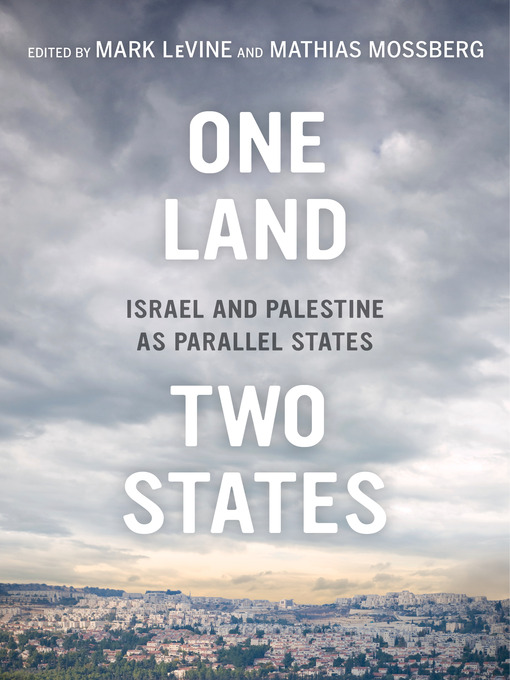-
Description
-
Creators
-
Details
-
Reviews
Leading Palestinian and Israeli experts along with international diplomats and scholars answer this timely question by examining a scenario with two parallel state structures, both covering the whole territory between the Mediterranean and the Jordan River, allowing for shared rather than competing claims of sovereignty. Such a political architecture would radically transform the nature and stakes of the Israel-Palestine conflict, open up for Israelis to remain in the West Bank and maintain their security position, enable Palestinians to settle in all of historic Palestine, and transform Jerusalem into a capital for both of full equality and independence—all without disturbing the demographic balance of each state. Exploring themes of security, resistance, diaspora, globalism, and religion, as well as forms of political and economic power that are not dependent on claims of exclusive territorial sovereignty, this pioneering book offers new ideas for the resolution of conflicts worldwide.

- Mark LeVine - Editor
- Mathias Mossberg - Editor
Kindle Book
- Release date: June 20, 2014
OverDrive Read
- ISBN: 9780520958401
- Release date: June 20, 2014
EPUB ebook
- ISBN: 9780520958401
- File size: 1929 KB
- Release date: June 20, 2014

Loading
